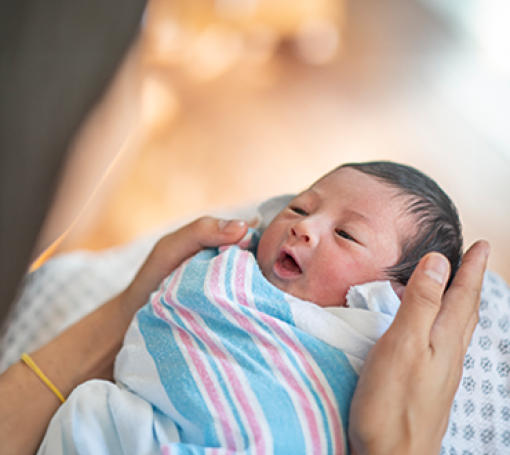What causes acne?
Acne is a common skin condition that happens when tiny holes in your skin, called pores, get clogged. Plugged pores can cause pimples, blackheads, or whiteheads to form on your face, neck, back, or chest.
How is acne formed?
- Oil Production: Your skin has tiny glands called sebaceous glands that produce oil (sebum) to keep your skin soft and smooth.
- Clogged Pores: Sometimes, these glands produce too much oil. When this extra oil mixes with dead skin cells, it can clog your pores.
- Bacteria: Bacteria that normally live on your skin can get trapped inside clogged pores. This can cause the pores to become inflamed, causing pimples.
What are the types of acne?
- Blackheads: Open clogged pores that look black because the oil and dead skin cells are exposed to air.
- Whiteheads: Closed clogged pores that look white or flesh colored.
- Pimples: Red, inflamed bumps that can sometimes have pus at the top.
- Cysts: Deep, painful swellings under the skin that have a high-risk of scarring.
What makes acne worse?
Some things you do not have control over such as:
- Hormones: During puberty and menstrual cycles, your glands make more oil
- Genetics: If your parents had acne, you are more likely to get pimples
Some things within your control that can make acne worse:
- Oil-based products: Such as make-up and sunscreen
- Skin damage: Picking or popping pimples, scrubbing skin
- Hygiene: Sweaty clothing and greasy hair
- Diet: A diet high in sugary and processed foods
- Stress: Not sleeping enough or feeling anxious
Treatment Options:
Home Care | Over-the-Counter
- Lifestyle:
- Wash face daily with a mild soap, especially after sweaty exercise. Avoid scrubbing.
- Reduce stress, increase sleep.
- Drink more water, reduce sugar.
- Wash face daily with a mild soap, especially after sweaty exercise. Avoid scrubbing.
- Topical retinoid (Adapalene 0.1% gel): Helps reduce blackheads and whiteheads. Mix with plain cream to prevent drying side effects and apply daily.
- Benzoyl peroxide: Helps reduce bacteria and inflammation. A 2-4% strength cleanser is typically well tolerated. May increase to 5-10% strength spot treatments. This product may bleach fabrics.
- Salicylic acid: Helps exfoliate and unplug pores. Can be found in toners, pads, and face washes.
Care at Allegro | Prescription Medications
- Topical retinoid: Helps reduce blackheads and whiteheads. Stronger and combination formulas are available with a prescription.
- Topical antibiotic (clindamycin): Targets bacteria and inflammation for moderate to severe acne.
- Oral antibiotic (doxycycline): Treats severe acne with cysts and pustules.
- Hormonal treatment: Birth control pills are appropriate for hormonal acne, when acne is worse with periods.
- Referral to dermatology: May be referred for a stronger medication (isotretinoin) when at risk for acne scarring.
Keep Reading
View All Posts
Helping Kids Breathe Easier
By checking asthma control at every well care visit, we can identify changes early and make sure each child has the support they need to breathe comfortably and stay active.

Protecting Your Newborn from Hepatitis B
Learn why the birth dose of the hepatitis B vaccine matters for every baby.

Community Support for Youth Suicide Prevention
Learn how families can recognize warning signs, foster open communication, and create a supportive environment to help prevent suicide among teens.

